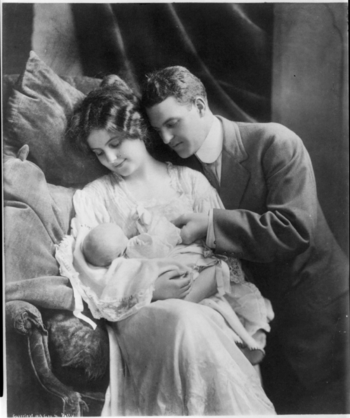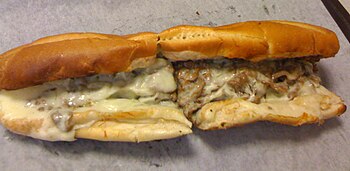 |
| English: me and my friend (Photo credit: Wikipedia) |
So this article was posted to the Greater Good website in March of 2014, and was written by Juliana Breines. Go read it and then we'll chat.
So, we're both more connected than we've ever been, and lonelier than we've ever been, at the same time. That sounds about right, don't you think?
Online communication does help us feel connected, and can give us a chance to help people. It offers these opportunities especially to introverts, who don't necessarily have it in them to do these things face-to-face. Still, it's not the same as seeing someone's expression, or hearing someone's voice, or getting a hug. So understand your network's limitations, and strive to be actively engaged.
Professional networks and other acquaintances aren't deep friendships, but they're a wide and diverse pool that can help you find a job, or a doctor, or a closer friend. It's good to deepen these relationships, even a little -- even if they don't become true friends, they;ll be better, more friendly acquaintances.
Close friends are, well, close friends. We belong. We feel known. We become more empathetic. We can even become less racist! However, if a very close friend succeeds in an area we care about, we can get pretty threatened; I wonder if this is related on a psychological level to sibling rivalry? In any event, we should work on that, because our friends need our support in the good times just as mmuch as in the bad.
Significant others... we kind of discussed already, but they fall under the "friendship" umbrella as well. It's important not to be too insular with our SO's, or to put too much on them -- we need other friends, if only to spread the burden around.
(Did I just call being friends with me to a burden? ...I might have.)
And it goes both ways. Our partners need friends, too, and those friends aren't a threat to us.
Both week ties and strong ties are important, and we have to be careful not to overdo it -- or to overcompensate and cut off all ties when we need the support the most.

















































